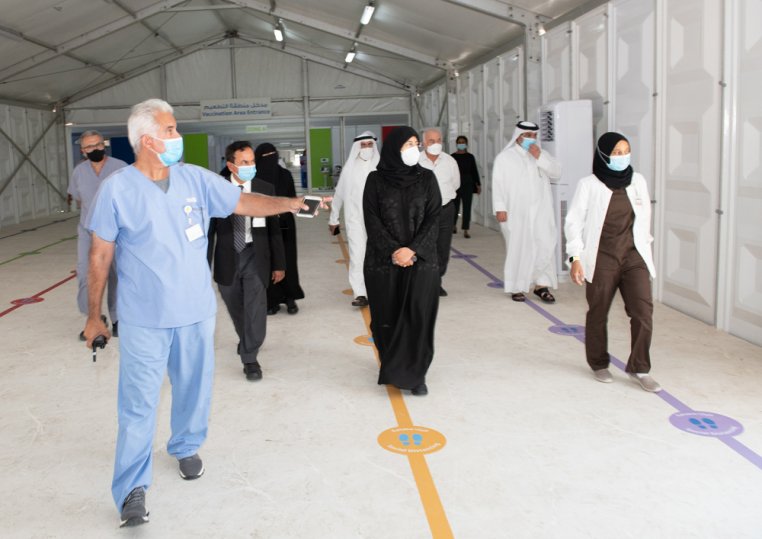
Did you know without an immune system, our bodies would be open to attack from bacteria, viruses, parasites, and more. It is our immune system that keeps us healthy as we drift through a sea of pathogens.
This vast network of cells and tissues is constantly on the lookout for invaders, and once an enemy is spotted, a complex attack is mounted.
The immune system is spread throughout the body and involves many types of cells, organs, proteins, and tissues. Crucially, it can distinguish our tissue from foreign tissue — self from non-self. Dead and faulty cells are also recognized and cleared away by the immune system.
If the immune system encounters a pathogen, for instance, a bacterium, virus, or parasite, it mounts a so-called immune response.
How an immune response works?

When our immune system functions properly it detects threats, such as bacteria, parasites, and viruses, and it triggers an immune response to destroy them. Our immune system can broadly be divided into two parts: innate and adaptive.
Innate immunity is the natural protection that we are born with and our first line of defense to combat infection. Upon detecting an infection, our innate response acts quickly to try and flush out the invader by producing extra mucus or cranking up the thermostat to blast it with a fever.
Can the immune system be boosted?

As such, innate immunity can’t be “boosted,” and you wouldn’t want it to be. If the innate response were stimulated, you would feel constantly unwell with a runny nose, fever, lethargy, and depression.
The efficiency of the adaptive response can be sped up with vaccinations. A vaccine contains a harmless version of the germ from which you need protection. The adaptive system remembers the invader so that the next time it comes into contact with the germ, it can act quickly to launch an attack.
While many products claim to boost immunity, the concept makes little sense scientifically. Attempting to boost cells of any kind is not necessarily a good thing and may result in serious side effects.
The immune system, in particular, contains several different types of cells that respond to various microbes in many ways. Which cells would you boost and to how many? This is a question to which scientists currently do not know the answer.
Impact of lifestyle on immune response

There remains much to learn about the inter-connection and intricacies of the immune response, however. To function well, the whole system requires harmony and balance. The immune system is not a single entity or force field that needs patching up to work properly.
The best thing you can do to maintain your immune system is to adopt healthy living strategies that will benefit the entire body, including your immune system. These strategies might include:eating a well balanced diet, exercising regularly, maintaining a healthy weight, quitting smoking,drinking alcohol only in moderation, getting enough sleep, avoiding infection through regular hand washing, reducing stress.
Source https://www.medicalnewstoday.com/articles/320721
More on Healthcare






Leave A Comment
You must be logged in to post a comment.